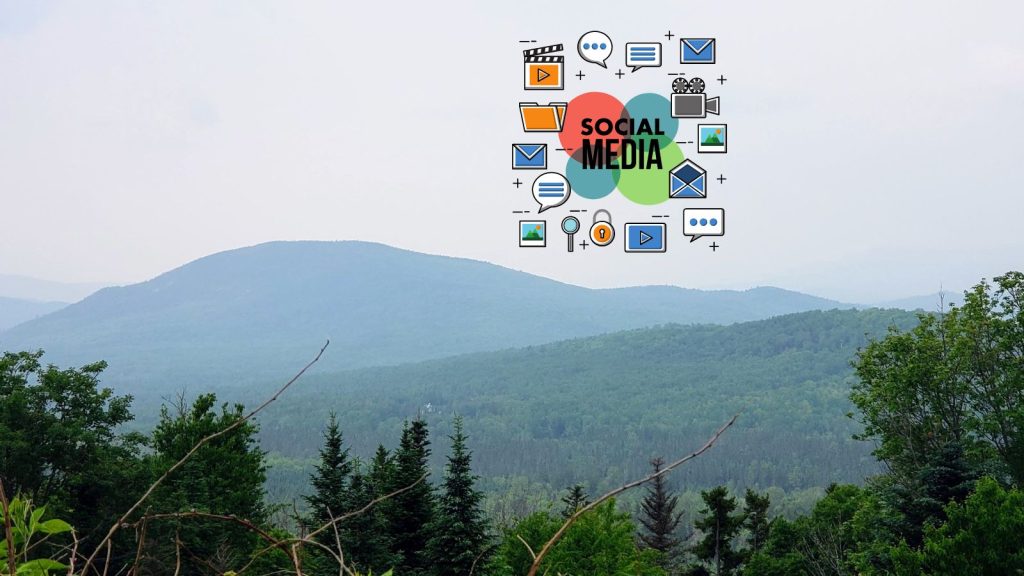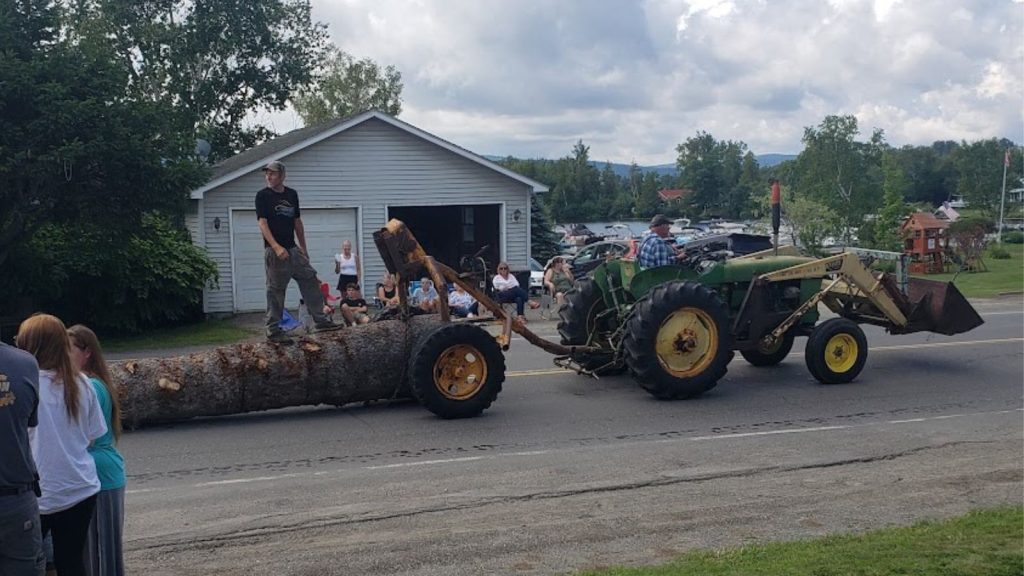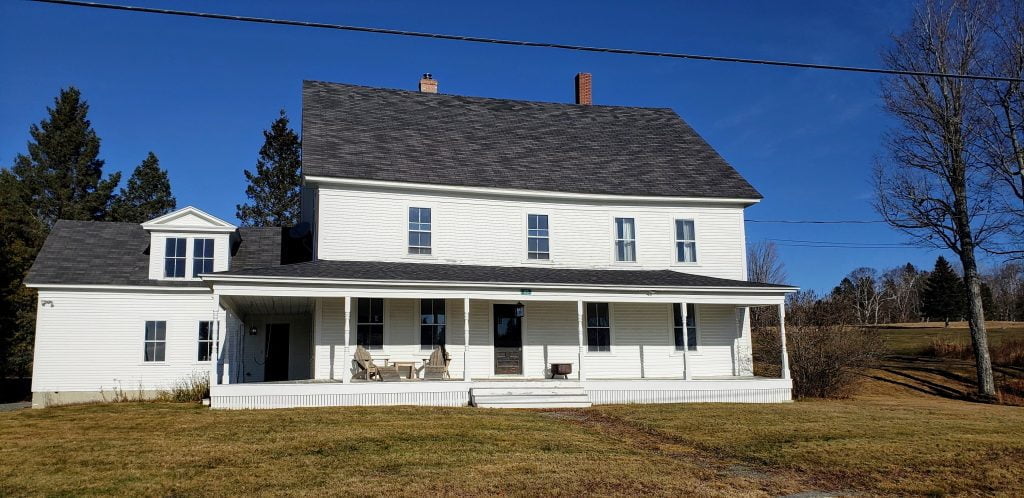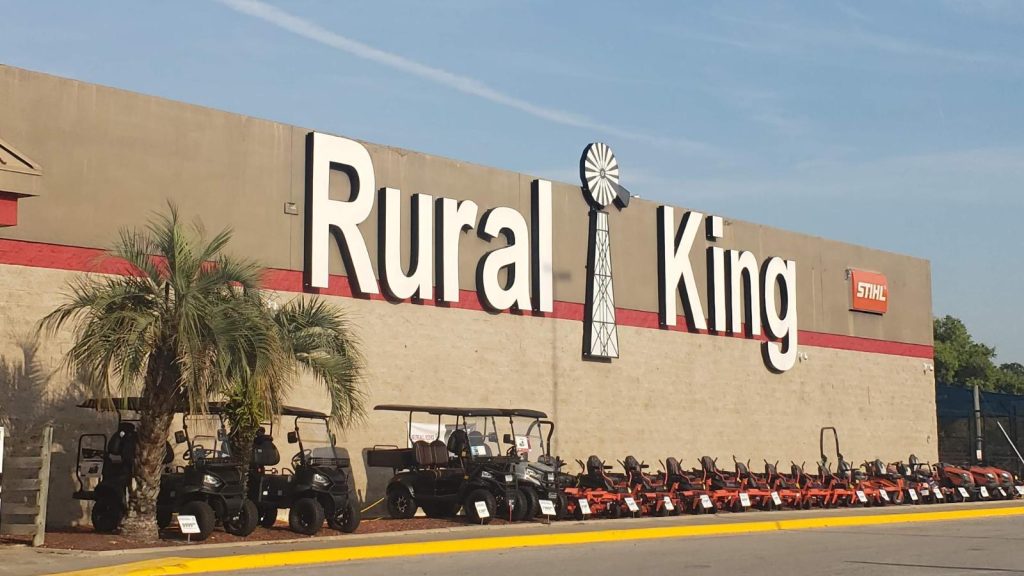The impact of social media in rural areas has been a topic of debate for quite some time. While it has opened up new avenues for communication and information sharing, it has also raised concerns about its potential negative effects on the culture and lifestyle of rural communities.
In this blog post, we’ll explore the pros and cons of social media in rural areas, and whether it can be considered a good or bad thing for these communities.
Ultimately, it comes down to a balance between embracing the benefits of technology and preserving the unique characteristics of rural life.
When we first moved to our rural town one of the first things I noticed was the lack of information on the restaurant hours on their social media pages.
Accessibility To Social Media
Social media has become an integral part of most of our lives. It connects us to the world and allows us to stay in touch with our friends and family. However, not everyone has the same level of accessibility to social media, especially those living in rural areas.
In this section, we will explore the two main challenges that rural areas face when it comes to accessing social media: lack of internet connectivity and the need for social media.
Lack Of Internet Connectivity in Rural Areas
One of the biggest barriers to accessing social media in rural areas is the lack of internet connectivity. According to a report by the Federal Communications Commission (FCC), as of 2020, about 14.5 million Americans living in rural areas lack access to high-speed internet.
This means that many rural residents are unable to access social media platforms that require a stable internet connection.
We have had internet in our rural town and when we first moved in, so many people were online during the pandemic that it was slow. Today we have FIOS as it came to our town in the last several months, making the internet much faster today. Other people in the area use Starlink for their internet.
So what can you do? Watch the video below to learn more if you live where there is no high-speed internet:
Less Need For Social Media In Rural Areas
In our rural area, there seems to be less need for social media use. People are out and about and are not always as connected to their phones as they are in cities and large towns.
It could be the age in our area, as Maine has the most elderly population in the country.
Positive Impact Of Social Media In Rural Areas
Social media has become an essential tool for individuals and businesses, providing an easy way to stay connected with others, regardless of geographic location.
While some may argue that social media can have negative effects on rural areas, it has also brought about numerous benefits, such as:
Business And Economic Opportunities
Social media has made it easier for businesses to reach potential customers in rural areas. With the increasing use of social media platforms, businesses can now advertise their products and services to a wider audience.
This can lead to increased sales and revenue for businesses, which can help to improve the overall economic situation in rural areas.
Additionally, social media has made it easier for individuals to start their own businesses. With the ability to reach a wider audience, individuals can now sell their products and services online, even if they are located in a rural area.
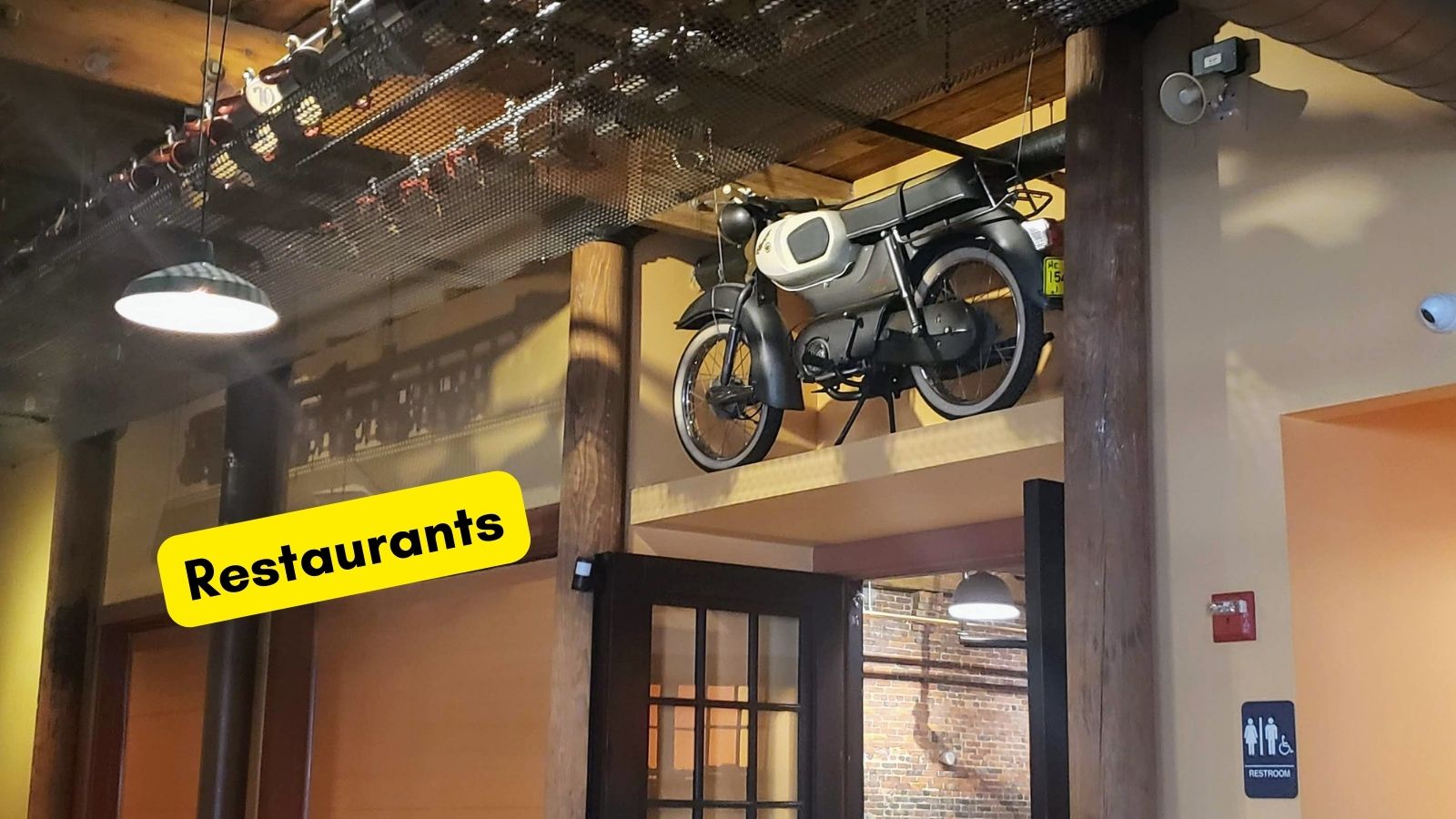
Community Development
Social media has also played an important role in community development in rural areas. With the ability to connect with others online, individuals in rural areas can now stay connected with their community, even if they are physically distant.
Social media has made it easier for individuals to organize events and gatherings, which helps to promote community development.
Additionally, social media has made it easier for individuals to stay informed about community news and events, which helps to keep community members engaged and involved.
Networking
Finally, social media has provided individuals in rural areas with new networking opportunities. With the ability to connect with others online, individuals can now network with others in their field or industry, regardless of geographic location.
This can lead to new job opportunities, partnerships, and collaborations, which can help to improve the overall economic situation in rural areas.
In conclusion, while there may be concerns about the impact of social media in rural areas, it has brought upon numerous benefits, including business and economic opportunities, community development, and networking.
As social media continues to evolve, it is likely that it will continue to play an important role in rural areas.
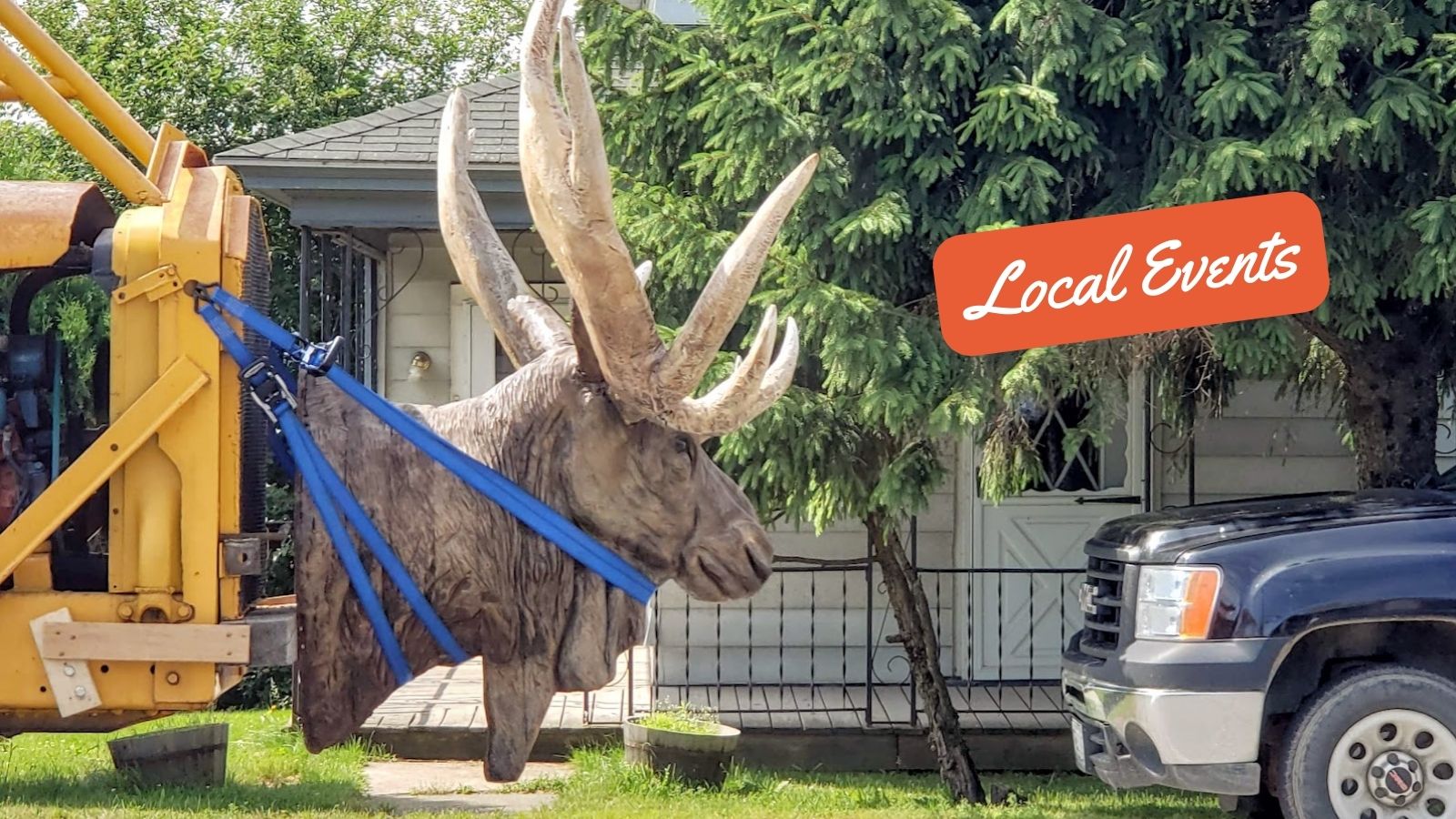
Negative Impact of Social Media in Rural Areas
Social media has been a game-changer in the world of communication and has connected people who live miles apart.
However, as much as social media has its advantages, it also has its negative impacts on rural areas.
Cyberbullying
Cyberbullying is one of the negative impacts of social media on rural areas. With the increased use of social media, cyberbullying has become rampant, and rural areas have not been spared.
Cyberbullying can be detrimental to the mental health of the victims, leading to anxiety and depression.
It is essential to educate the younger generation on the dangers of cyberbullying and the importance of treating others with respect and kindness online.
Parents and guardians in rural areas should also monitor their children’s online activities to prevent cyberbullying.
Effects Of Social Media On Mental Health In Rural Areas
Social media has become an integral part of our lives. It’s hard to imagine a day without scrolling through Facebook, Twitter, Instagram, or any other alternative social media platforms.
While social media has its positives, it can also have negative impacts on our mental health, especially in rural areas where access to resources may be limited.
In this section, we will discuss two effects of social media on mental health in rural areas: addiction and social isolation, and exposure to negative content.
Addiction And Social Isolation
One of the major concerns of social media in rural areas is addiction. Social media addiction is real and can lead to negative impacts on mental health. When people spend excessive amounts of time on social media, it can lead to social isolation.
This is particularly true in rural areas where people may already be isolated due to a lack of community resources or distance from larger populations. Social media addiction can also lead to sleep disturbances, anxiety, and depression.
Furthermore, social media addiction can lead to a decrease in face-to-face communication. This is particularly problematic in rural areas where face-to-face communication may already be limited.
When people rely solely on social media for communication, it can lead to a lack of personal connection and loneliness.
Exposure To Negative Content
Another effect of social media on mental health in rural areas is exposure to negative content. Social media is full of negative news, opinions, and comments that can impact mental health. It can lead to feelings of hopelessness and anxiety.
Addiction and social isolation, and exposure to negative content are two effects that need to be addressed especially in children or young adults.
It is important to be mindful of the impact social media can have on mental health and to use it in moderation.
Conclusion: Social Media In Rural Areas
In conclusion, social media in rural areas can be both a good and bad thing. While it allows individuals to connect with others and access information they may not have otherwise, it can also lead to increased feelings of isolation and cyberbullying.
It is important for individuals in rural areas to use social media in moderation and for positive purposes, such as staying connected with loved ones and promoting local businesses.
Additionally, it is important for internet service providers to improve access to reliable and affordable internet in rural areas to ensure that individuals have equal opportunities to participate in the digital world.
By being mindful of the potential drawbacks and working towards solutions, social media can be a valuable tool for those living in rural areas.
Does your rural area have a lot of people and businesses using social media today? Do you think social media in rural areas is a pro or a con? I’d love to know more in the comments below.
